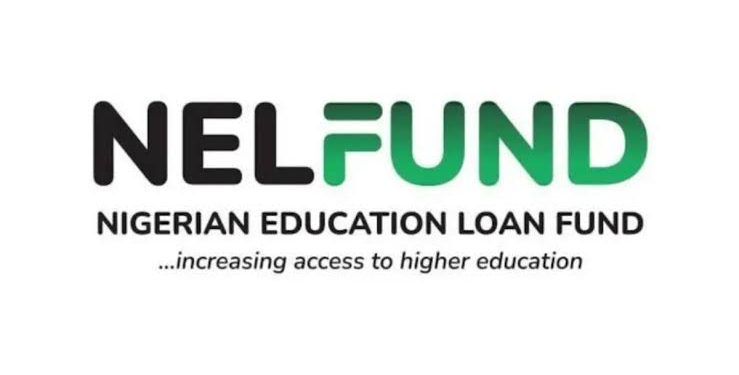The Nigerian Education Loan Fund (NELFUND) has announced that its online portal will reopen in the second week of October 2025 for fresh applications into the 2025/2026 academic session, with the application window remaining open until January 2026.
The Fund, in a statement signed by its Director of Strategic Communications on Monday, said the move follows the official closure of the 2024/2025 academic session application portal on September 30, marking the end of the second full cycle of the student loan scheme. The pause will allow NELFUND to complete processing of pending applications and upkeep payments for existing beneficiaries.
Institutions have been directed to promptly update their students’ records on the Student Verification System (SVS), a critical requirement for applicants’ eligibility in the new cycle. Those yet to commence a new academic session within the stated period are advised to notify NELFUND for possible concessions.
The Fund warned that any 2024/2025 applications still unverified by institutions after October 8, 2025, will be automatically cancelled. Students affected by this will have to submit new applications when the 2025/2026 window opens. NELFUND urged students to follow up with their school management to complete the verification process before the deadline.
It also revealed that some students’ loan approvals and upkeep payments for the current session remain pending because certain institutions failed to carry out the mandatory verification. NELFUND said it is engaging with such institutions to resolve the delays but warned that those that do not comply will have their names published publicly for transparency.
While upkeep allowance disbursements for the 2024/2025 academic year will continue until November 2025, the Fund stressed that students must reapply for the 2025/2026 session to remain eligible for future payments.
For MSMEs and education-focused businesses, this development underscores the importance of timely institutional compliance and student documentation, which could influence the flow of funds and financial planning within the education sector.










